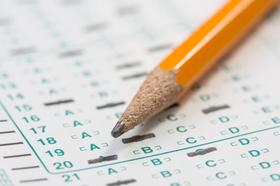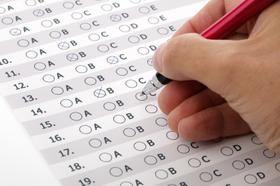Your child has taken the SSAT as part of the admissions process for several schools. You have received the Scores Report. Now, what does it mean? How do you read the Scores Report?
Background
The first thing to remember about the SSAT is that each private school you are applying to views SSAT test scores through its own admissions lens, as it were. That means that your child's score won't necessarily mean the same thing in the various admissions offices. Why is that? The answer lies in the fact that each private school is an independent, legal entity. In other words, each school does its own thing. Each school has its own educational philosophy, its own idiosyncratic approach to teaching, and so on. Most schools also have had years of experience and tradition teaching young people. That means that their admissions officers know what kind of applicant will be successful in their educational and community setting.
So, where does a standardized admissions test like the SSAT fit in? It provides a common platform for assessing basic academic knowledge. Put another way, if Sally from Middle School A applies, she will be taking the same admissions test as every other applicant, regardless of where they go to school. Standardized testing provides a level playing field; at least, that is the theory behind standardized testing. Read Aaron Churchill's essay Bless the three reasons for standardized testing for an overview of the subject. Most standardized admissions tests

















































-4c3194pi4wis8gsg004w0g44w-280.jpg)

